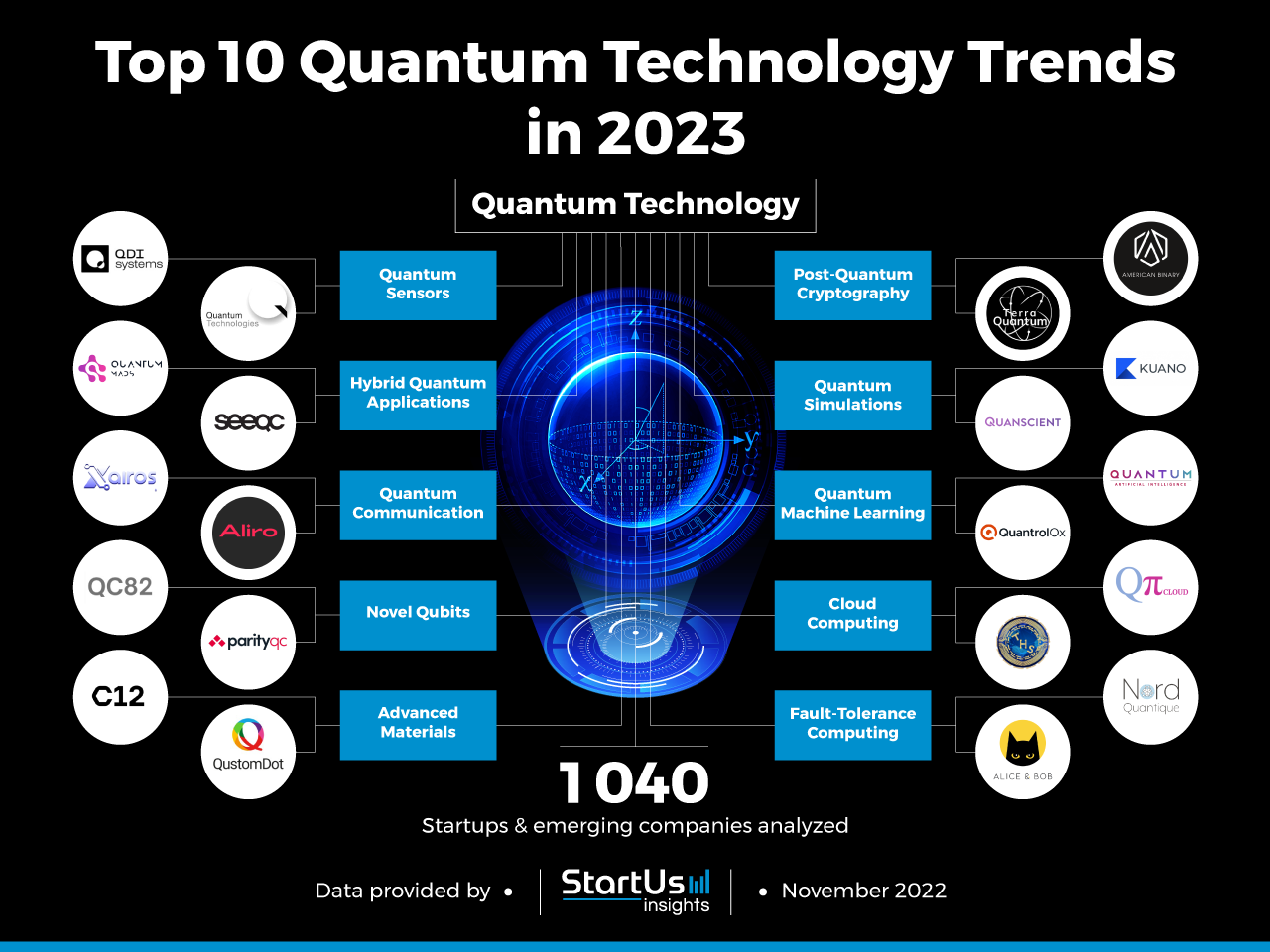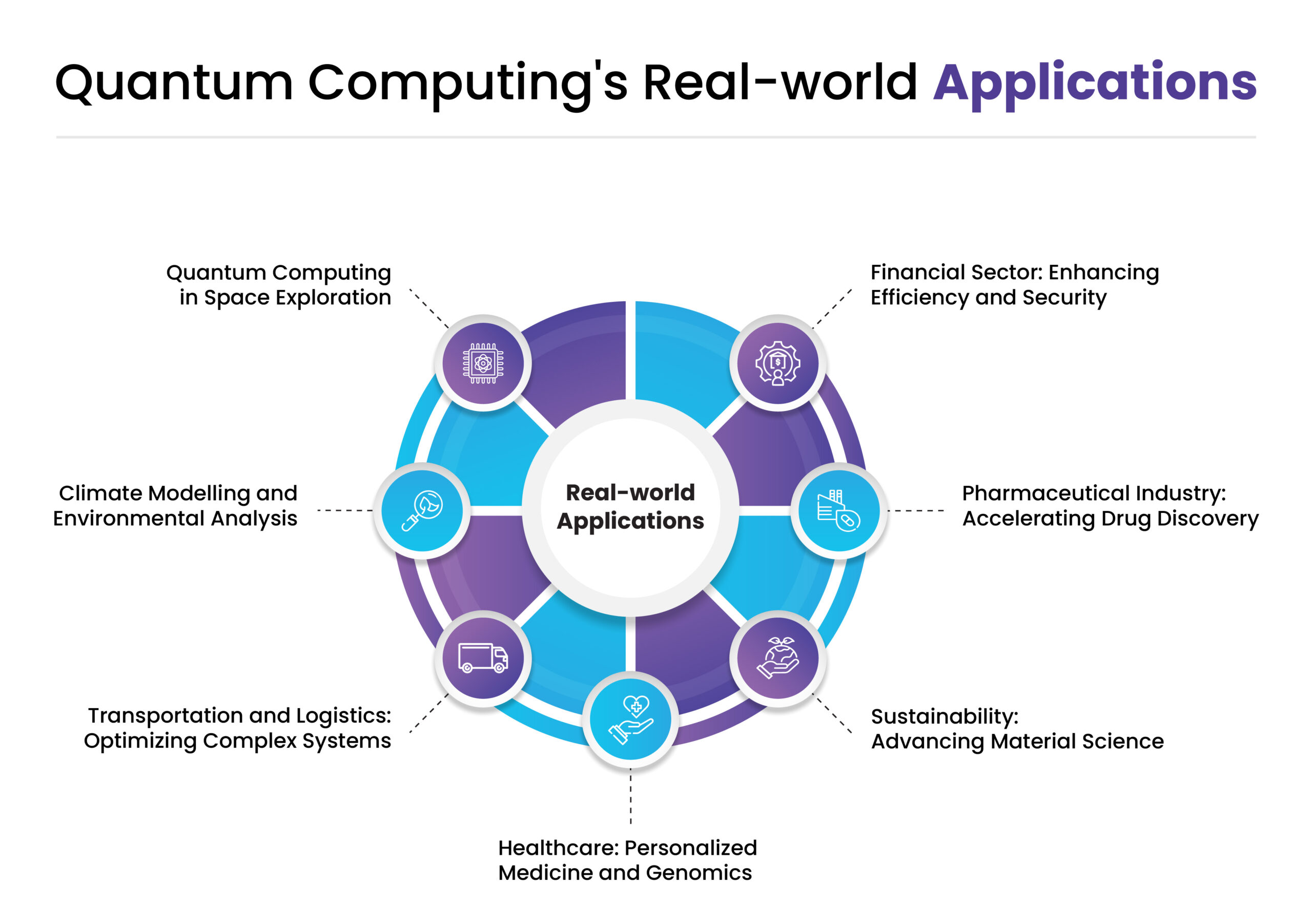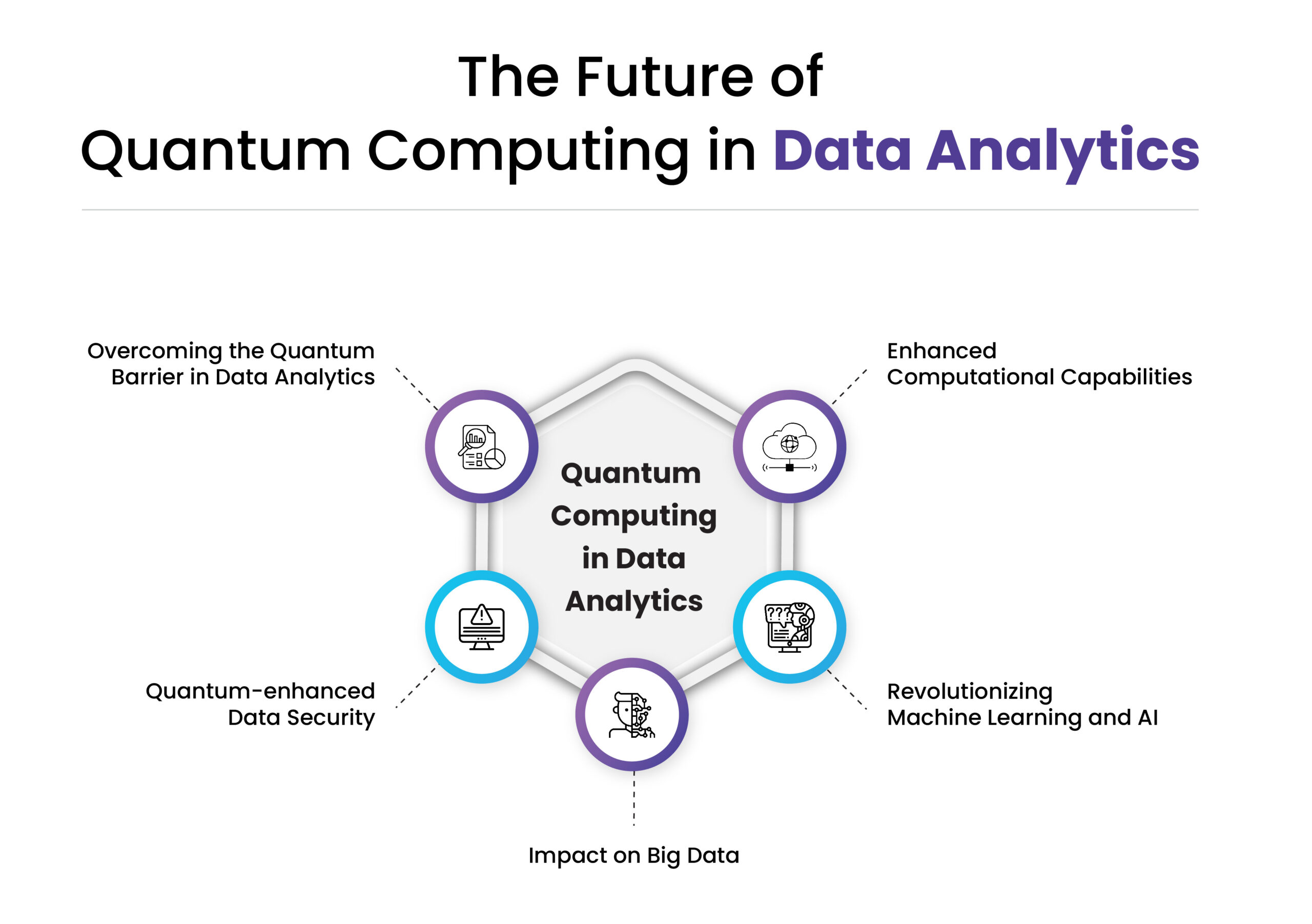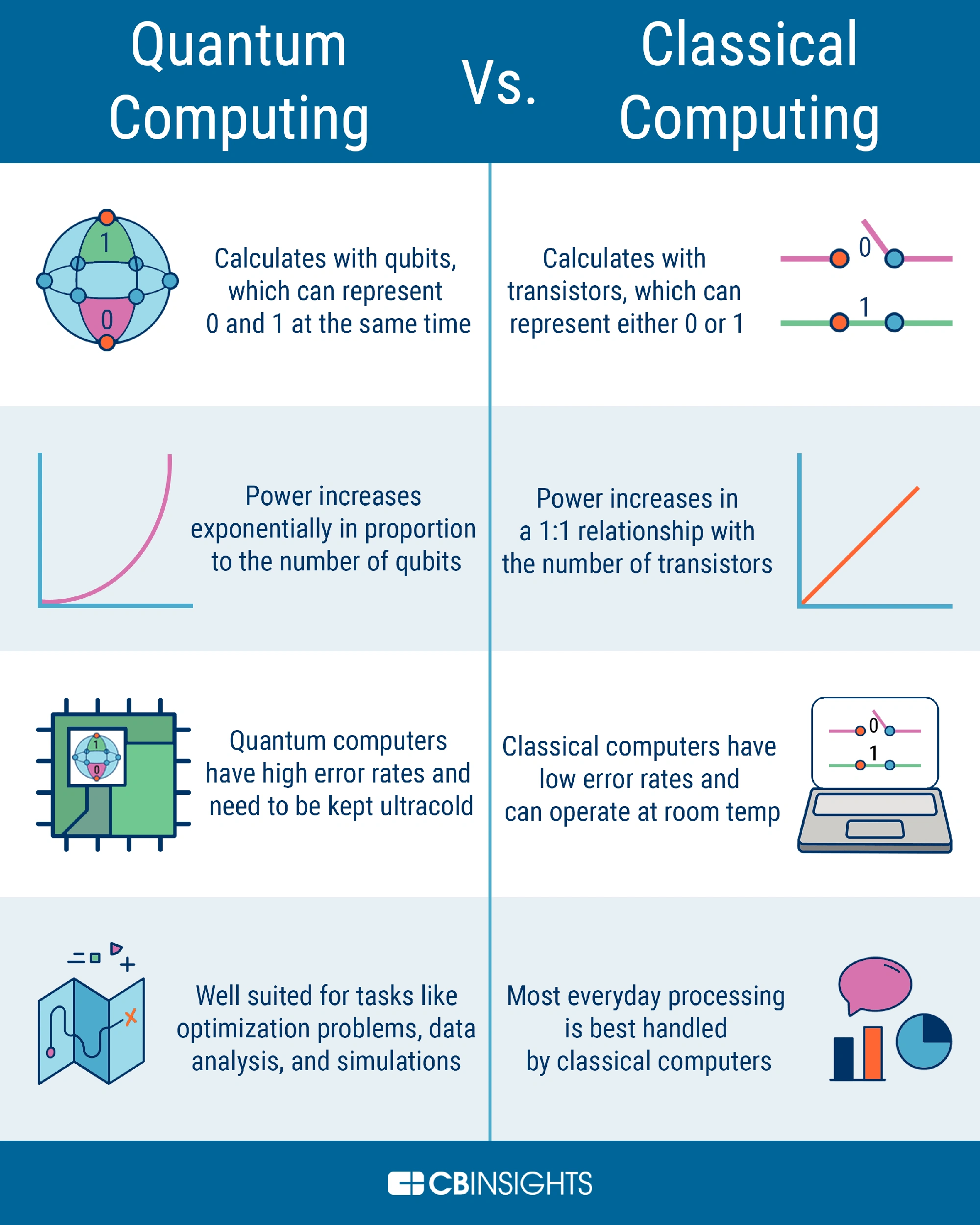Have you ever wondered how quantum computing might change the way you analyze data? With advancements in technology, the way we process and interpret data is evolving rapidly, and quantum computing is at the forefront of this revolution. It’s a fascinating intersection of theoretical physics and practical applications in data science that promises to reshape industries around the globe.

The Basics of Quantum Computing
Before we dive into the exciting trends, let’s clarify what quantum computing is. Unlike classical computers that process information in binary (0s and 1s), quantum computers utilize qubits, which can represent and hold multiple states simultaneously thanks to the principles of superposition and entanglement. This unique characteristic enables quantum computers to perform complex calculations at speeds unattainable by classical systems.
How Quantum Computing Differs from Classical Computing
Perhaps it’s useful to understand the key differences between these two computing paradigms:
| Feature | Classical Computing | Quantum Computing |
|---|---|---|
| Data Representation | Bits (0s and 1s) | Qubits (0, 1, or both simultaneously) |
| Processing Power | Limited to sequential operations | Can process enormous amounts of data simultaneously |
| Problem Solving | Time-consuming for complex tasks | Can solve specific complex problems exponentially faster |
| Error Correction | Established and manageable | Still developing methods for error rates in qubit systems |
With these foundational concepts, you can see how quantum computing introduces new dimensions to data analysis.
The Impact of Quantum Computing on Data Science
Data science is the field that extracts insights and knowledge from data using various techniques, including statistics, machine learning, and predictive modeling. With the expansion of data size and complexity, traditional methods sometimes fall short. Here’s where quantum computing comes into play, enhancing capabilities and providing innovative solutions.
Enhanced Processing Speed
One of the most compelling attributes of quantum computing is its potential to greatly speed up computations. You might find it fascinating that tasks that take classical computers years to solve could potentially be completed in mere minutes or seconds on a quantum machine. This offers immense value in areas such as:
- Machine learning algorithms: Training large-scale models can be optimized, allowing data scientists to iterate faster and achieve better results.
- Data analysis: Uncovering patterns and insights becomes quicker, enabling timely decision-making in business contexts.
Complex Problem Solving
Quantum computing is particularly well-suited for solving complex problems that involve large datasets and intricate relationships. This applies to several fields, including finance, logistics, and healthcare. Here are some areas where quantum computing shines:
- Portfolio optimization: By evaluating numerous variables simultaneously, financial analysts can better optimize investment strategies.
- Supply chain logistics: Quantum computers can simulate various scenarios in logistics, helping to minimize costs and improve efficiency.
- Drug discovery: In healthcare, they can model the interactions of proteins and molecules to discover new drugs more rapidly than traditional methods.

Current Trends in Quantum Computing and Their Relevance to Data Science
As you immerse yourself in the world of quantum computing, you’ll notice several trends that are shaping its development and eventual application to data science.
Increased Accessibility
One trend that stands out is the move toward making quantum computing more accessible. Many tech giants and startups are working to democratize access to quantum machines through cloud services. This means that you don’t need to have a quantum computer in your office to leverage quantum capabilities.
Quantum as a Service (QaaS)
Platforms like IBM’s Quantum Experience and Google Quantum AI provide you with access to quantum computing resources via the cloud. This allows data scientists to experiment and develop quantum algorithms without the heavy investment of purchasing hardware.
Developments in Quantum Algorithms
Understanding and developing algorithms that can effectively utilize quantum computing is crucial. Researchers are continuously working on creating new algorithms that can tackle problems more efficiently.
Quantum Machine Learning (QML)
You may find it interesting that quantum machine learning is a rapidly evolving area that explores how quantum techniques can enhance machine learning. Some common applications include:
- Quantum SVMs (Support Vector Machines): They can potentially provide better classifications than their classical counterparts.
- Quantum Neural Networks: Researchers are investigating how quantum mechanics can enhance neural networks, possibly improving learning efficiencies.
Collaboration Between Industry and Academia
Another emerging trend is the collaboration between tech firms, startups, and academic institutions. This cooperative approach drives innovation, facilitating research into practical applications for quantum computing in data science.
Partnerships and Grants
Many universities are receiving grants specifically aimed at research in quantum computing and its applications in data science. These partnerships often lead to groundbreaking discoveries and open new avenues for employing quantum solutions in real-world scenarios.

Challenges Facing Quantum Computing in Data Science
While quantum computing holds immense promise, several challenges persist that need to be addressed before it can be fully integrated into data science.
Error Rates and Stability
Quantum systems are highly susceptible to noise and error. Maintaining the stability of qubits long enough to perform calculations remains a critical issue.
Current Techniques to Mitigate Errors
Several error-correcting codes have been developed, but they require considerable overhead in terms of additional qubits. As a data scientist, understanding these challenges will prepare you for the upcoming landscape of quantum computing.
Lack of Standardization
A significant barrier to widespread adoption is the lack of standard protocols and languages for quantum programming. This fragmentation can make it challenging for data scientists to transition seamlessly between classical and quantum computing environments.
The Need for Unified Frameworks
To facilitate efficient cross-platform development, there’s a growing demand for standardized quantum programming languages. This would enhance collaboration among researchers and simplify the learning curve for new users.
Talent Gap in Quantum Computing
As the field of quantum computing expands, there’s a growing talent gap. Few professionals have expertise in this complex area, creating a demand for training programs and educational resources.
Educational Initiatives
Educational initiatives by universities and private organizations aim to fill this gap. Specialized courses in quantum computing and its application to data science are becoming more common, providing you with valuable learning opportunities.

Future Outlook: What to Expect
As you consider the future of quantum computing in data science, several emerging themes will likely shape its trajectory.
Integration with AI and Machine Learning
The fusion of quantum computing with AI is set to redefine the landscape of data processing and analysis. By leveraging the speed and power of quantum systems alongside machine learning algorithms, you can anticipate advancements like:
- Real-time data processing: Enhanced AI models that process and analyze data streams instantaneously.
- Adaptive learning systems: AI that learns from data faster and adjusts solutions based on incoming data.
Quantum Cryptography
Another exciting frontier is quantum cryptography, which offers secure communication channels through the laws of quantum mechanics. As data security becomes increasingly important in the digital age, quantum cryptography may provide solutions that are not feasible with classical methods.
Potential Applications
- Secure data transmission: Protecting sensitive information in fields such as finance and healthcare.
- Verification of data integrity: Ensuring consistent data transmission without unauthorized access.
The Role of Startups
You should keep an eye on startups in the quantum computing space. Many innovative ideas and breakthrough technologies are emerging from small companies, often focusing on niche problems that established firms may overlook.
Investment Trends
Venture capital investments in quantum startups are surging, attracting attention to unique solutions and applications that could play a key role in your future projects.
Conclusion: Embracing Change in Data Science
In summary, the intersection of quantum computing and data science offers exciting new possibilities that can transform how you approach data analysis and problem-solving. While challenges remain, keeping up with emerging trends will empower you to take advantage of these advancements, allowing you to stay ahead in your field.
Questions about how you can utilize these emerging technologies in your work? Engage with communities focused on quantum computing and data science, and consider participating in learning opportunities. The future is bright, and you have a front-row seat to this technological transformation!


